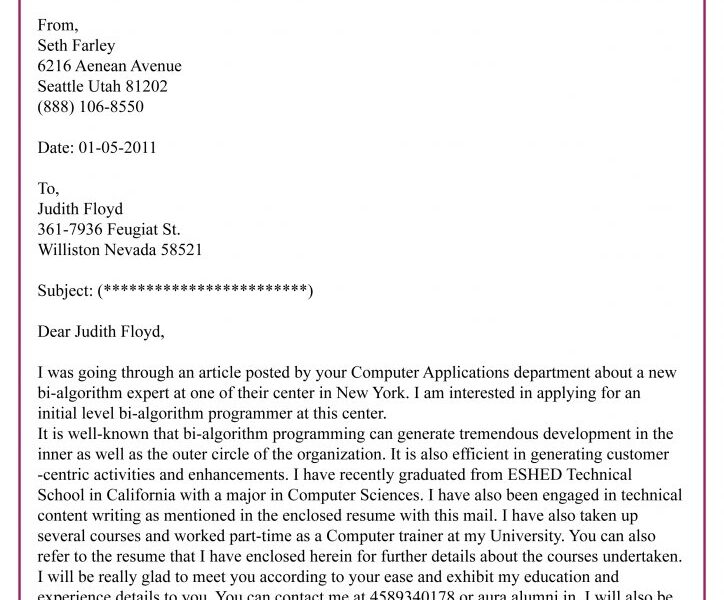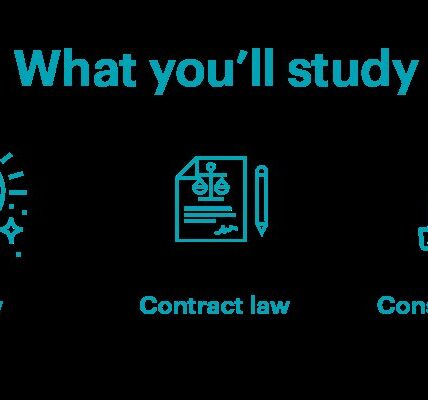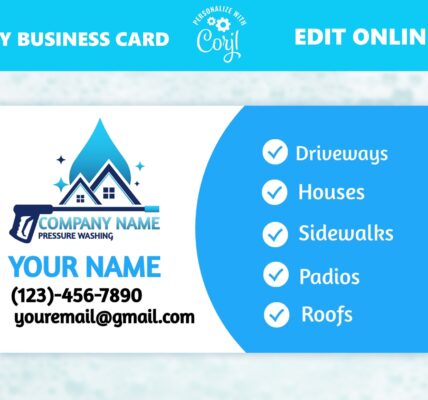Ever wondered how to write a professional business letter example for students? Well, you’re in luck! Crafting a compelling business letter is a valuable skill that every student should master. Whether you’re applying for an internship, seeking a recommendation, or simply communicating with a professor, knowing how to structure and format a business letter can make a significant impact. Let’s dive into a practical example that will guide you through the process effortlessly. Are you ready to enhance your communication skills with a well-crafted business letter example for students? Let’s get started!
Business Letter Example for Students
Writing a business letter may seem daunting, especially for students who are new to this form of communication. However, mastering the art of crafting a well-written business letter is a valuable skill that can benefit students in various aspects of their academic and professional lives. In this article, we will provide a detailed guide on how to write a business letter with examples tailored specifically for students.
The Importance of Business Letters for Students
Business letters play a crucial role in formal communication, whether it’s for academic purposes or future professional endeavors. Here are some key reasons why students should learn how to write effective business letters:
– **Professionalism**: Business letters help students convey professionalism in their correspondence, which is essential for academic and professional settings.
– **Effective Communication**: Mastering the art of writing business letters enables students to communicate their thoughts, ideas, and requests clearly and effectively.
– **Career Readiness**: Understanding how to format and structure business letters prepares students for the expectations of the business world and enhances their employability skills.
Components of a Business Letter
Before delving into specific examples, it’s crucial to understand the essential components of a business letter. Here are the key elements that should be included in a standard business letter:
1. **Sender’s Address**: Include your address at the top of the letter, right-justified.
2. **Date**: Add the date below your address.
3. **Recipient’s Address**: Include the recipient’s address below the date, aligned to the left.
4. **Salutation**: Begin the letter with a formal salutation, such as “Dear Mr./Ms.” followed by the recipient’s last name.
5. **Body**: This is where you write the main content of the letter. Be concise and to the point.
6. **Closing**: End the letter with a professional closing, such as “Sincerely” or “Best regards,” followed by your name.
7. **Signature**: If it’s a printed letter, leave space for your signature above your typed name. For email business letters, a digital signature suffices.
Example of a Business Letter for Students
Now, let’s dive into a practical example of a business letter tailored for students. This sample letter is a request for an internship opportunity:
“`html
[Your Name]
[Your Address]
[City, State, Zip Code]
[Email Address]
[Phone Number]
[Date]
[Recipient’s Name]
[Recipient’s Position]
[Company/Organization Name]
[Address]
[City, State, Zip Code]
Dear [Recipient’s Last Name],
I am writing to express my interest in the internship opportunity at [Company/Organization Name]. As a [Your Major/Year of Study] student at [Your School], I am eager to gain practical experience in [Specific Area of Interest]. I believe that an internship at your esteemed organization would provide me with valuable insights and skills that align with my career goals.
I have a strong academic background in [Related Courses/Projects] and possess excellent [Skills Relevant to the Internship]. I am enthusiastic about the prospect of contributing to [Company/Organization Name] and learning from your experienced team.
I have attached my resume for your review. I would appreciate the opportunity to discuss how my skills and experiences align with the internship requirements. Please let me know if there are any specific application procedures or deadlines I should follow.
Thank you for considering my application. I look forward to the possibility of contributing to [Company/Organization Name] and furthering my professional development.
Sincerely,
[Your Name]
“`
Tips for Writing Effective Business Letters
To ensure your business letters are impactful and professionally crafted, here are some additional tips to keep in mind:
– **Be Clear and Concise**: Use simple language and get straight to the point to convey your message effectively.
– **Maintain a Professional Tone**: Regardless of the recipient, maintain a formal and respectful tone throughout the letter.
– **Proofread Thoroughly**: Avoid spelling and grammatical errors by proofreading your letter multiple times before sending it.
– **Customize Each Letter**: Tailor each business letter to the specific recipient and purpose to show genuine interest and attention to detail.
Conclusion
Mastering the art of writing business letters is a valuable skill that students can leverage throughout their academic and professional journeys. By following the guidelines and examples provided in this article, students can enhance their communication skills, showcase professionalism, and make a lasting impression through well-crafted business correspondence. Practice writing business letters and refine your skills to excel in various settings where formal communication is key.
Business Letter Writing Format and Example
Frequently Asked Questions
What elements should be included in a business letter example for students?
In a business letter example for students, it is important to include elements such as the sender’s address, date, recipient’s address, a formal salutation, body text with clear and concise content, a professional closing, and the sender’s signature.
How should the tone of a business letter example for students be approached?
The tone of a business letter example for students should be formal, polite, and professional. Avoid using colloquial language or slang and maintain a respectful and courteous tone throughout the letter.
Is it necessary to include a subject line in a business letter example for students?
While not mandatory, including a subject line in a business letter example for students can help the recipient quickly understand the purpose or topic of the letter. It adds clarity and can make the communication more effective.
Why is it important to proofread a business letter example for students before sending it?
Proofreading a business letter example for students is crucial to catch any spelling or grammar errors, ensure the content is well-organized, and confirm that the information is accurate. It reflects professionalism and attention to detail.
How can students personalize a business letter example to make it more impactful?
Students can personalize a business letter example by addressing the recipient by name, referencing any previous interactions or connections, and tailor the content to the specific recipient or situation. Personalization can enhance the relevance and impact of the letter.
Final Thoughts
In conclusion, the featured business letter example for students offers a clear template for crafting professional correspondence. It demonstrates the proper structure, tone, and formatting essential for effective communication in the business world. By following this example, students can enhance their writing skills and convey their messages confidently. Practicing with such examples will help students establish a strong foundation for future business dealings. Business letter example for students is a valuable resource for honing one’s professional communication skills.




